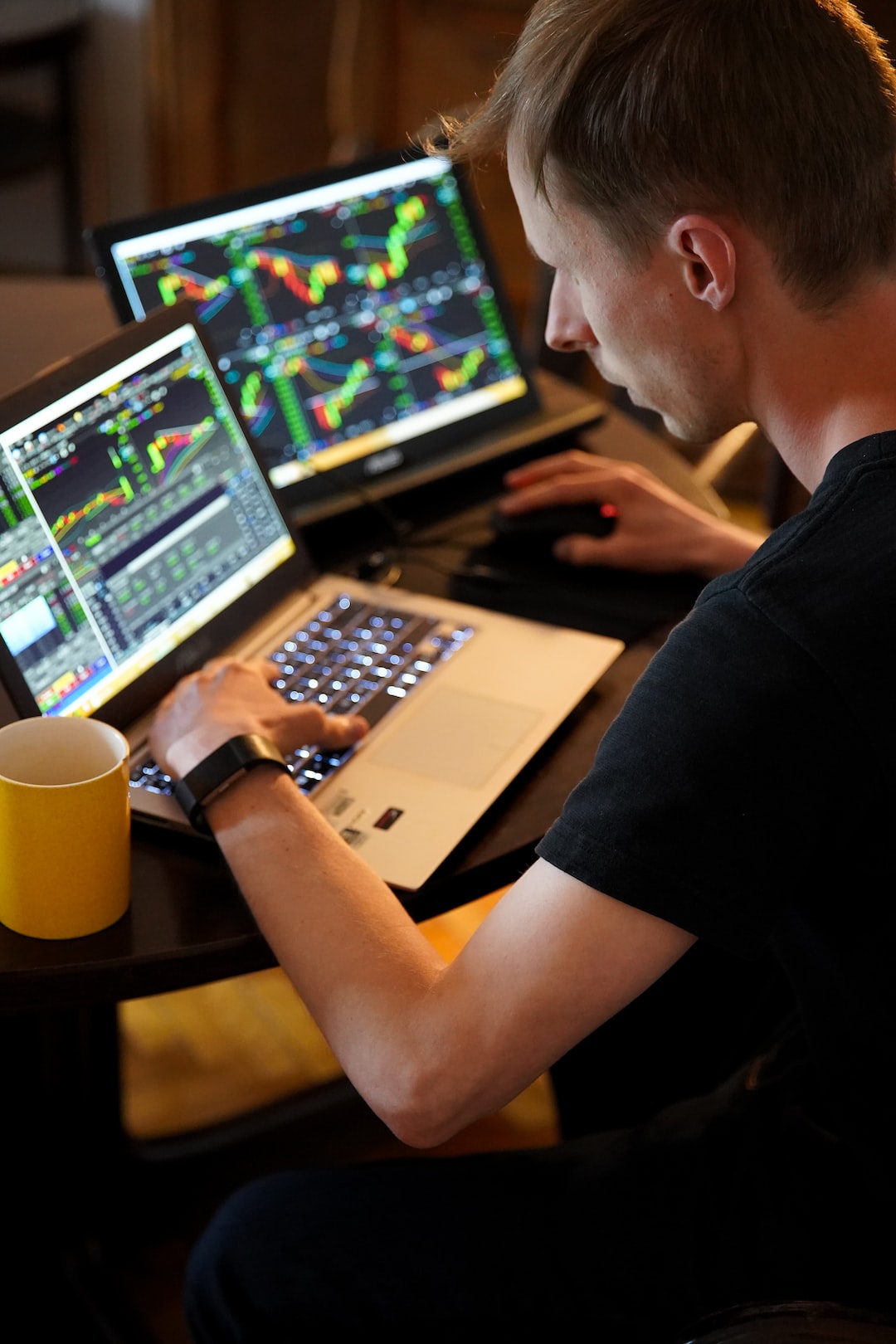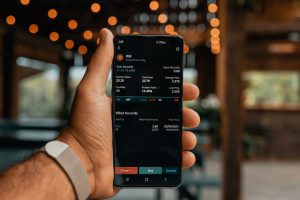Forex, also known as foreign exchange, is the world’s largest financial market. It involves trading currencies of different countries against each other. The forex market is decentralized, which means it doesn’t have a physical location like the stock market. Instead, it operates through a network of banks, brokers, and dealers who trade currencies electronically.
Before diving into where to trade forex, it’s important to understand how forex trading works. In forex trading, you buy one currency and sell another simultaneously. The objective is to profit from the fluctuations in the exchange rates between the two currencies. For instance, if you believe the Euro will appreciate against the US dollar, you can buy the Euro and sell the US dollar. If the Euro does appreciate, you can sell it back for a profit.
Now, let’s look at where to trade forex:
1. Online Brokers
Online brokers are the most popular way to trade forex. These are companies that offer online trading platforms to buy and sell currencies. The advantage of using an online broker is that you can access the market from anywhere in the world, as long as you have an internet connection. Additionally, online brokers offer various trading tools and educational resources to help you make informed trading decisions.
When choosing an online broker, it’s important to consider their trading fees, spreads, and regulatory status. Some reputable online brokers include IG, Saxo Bank, and Oanda.
2. Banks
Banks are also involved in forex trading. However, they primarily provide forex services to their clients, such as multinational corporations, governments, and high-net-worth individuals. If you have a substantial amount of money to trade, you can approach your bank to execute your trades. The advantage of using a bank is that they offer competitive exchange rates and high liquidity.
However, trading forex through a bank can be expensive due to the high fees and minimum deposit requirements. Additionally, banks may not offer the same level of trading tools and resources as online brokers.
3. Electronic Communication Networks (ECNs)
ECNs are computerized networks that connect buyers and sellers directly. They provide a transparent and efficient way to trade forex without the intervention of a broker or dealer. ECNs are popular among institutional traders and high-frequency traders.
The advantage of using an ECN is that you can get access to the interbank market, which is where the largest financial institutions trade currencies. Additionally, ECNs offer tight spreads and fast execution speeds. However, ECNs require a significant amount of capital to trade and may not be suitable for retail traders.
4. Futures Exchanges
Forex futures are contracts that specify a future date and price for the exchange of currencies. Forex futures are traded on exchanges, such as the Chicago Mercantile Exchange (CME) and the Intercontinental Exchange (ICE). Forex futures are standardized contracts that are traded in lots, which means you have to buy a specific amount of currency at a predetermined price.
The advantage of trading forex futures is that you can hedge your currency risk and get access to the interbank market. However, forex futures require a significant amount of capital to trade and may not be suitable for retail traders.
In conclusion, forex trading offers a lucrative opportunity to profit from the fluctuations in the exchange rates of different currencies. When choosing where to trade forex, it’s important to consider your trading style, risk tolerance, and capital requirements. Online brokers are the most popular and accessible way to trade forex, but banks, ECNs, and futures exchanges also offer unique advantages. Regardless of where you choose to trade forex, it’s crucial to do your research and choose a reputable and regulated platform.





